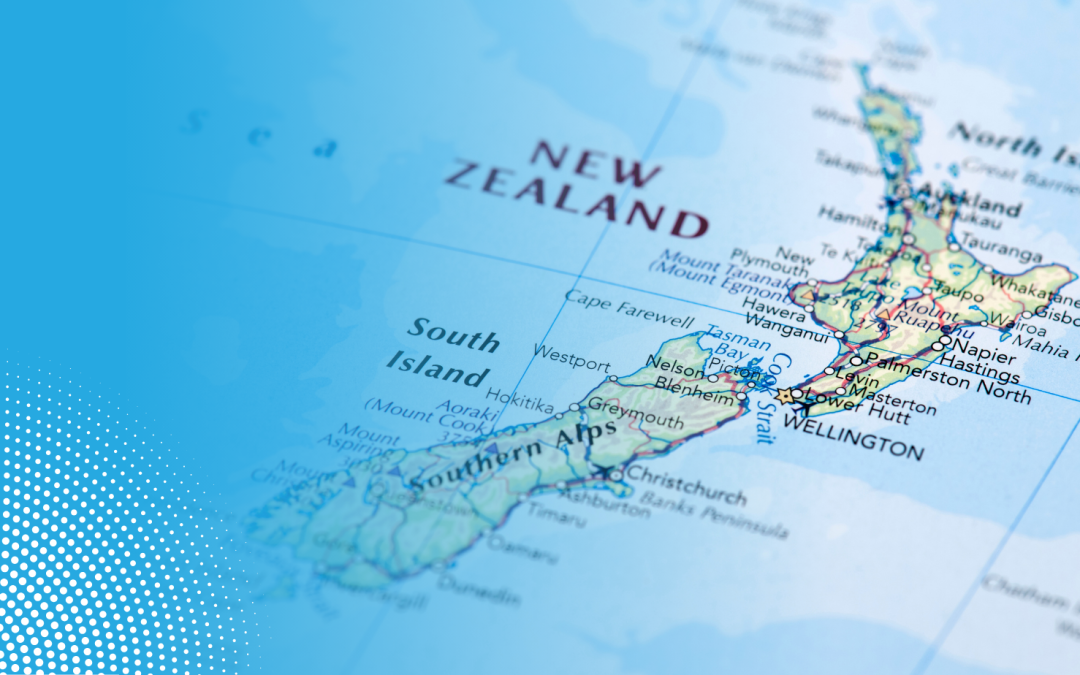President’s report
By Deborah Shaw AE
Kia ora koutou
The week of 16 to 23 September was te Wiki o te Reo Māori, Māori Language Week, and the theme was Ake ake ake – A Forever Language.
I shared a range of articles and resources about te reo Māori and Māori publishing on our Editors Aotearoa New Zealand Facebook group during the week. Here’s the round-up:
For The Conversation, Jeanette King wrote about the history and progress of recognising te reo Māori and the revitalisation movement. Jeanette’s article opens with Hana Te Hemara placing a suitcase containing the Māori Language Petition with its 30,000 signatures on the steps of Parliament. That was 52 years ago.
In another Conversation article, Michael Miller wrote about his research and mathematical modelling on the future of te reo. The good news is that “the future is looking hopeful” for preserving Māori language and culture. However, more can be done, particularly around policy decisions.
New Aotearoa New Zealand words, including many te reo words, have been added to the Oxford English dictionary. It’s great to see words like “tikanga” and “mahi” added. However, one word in the list stuck out: Aotearoan. Many of us in the Facebook post’s comments were perplexed, agreeing that it didn’t follow orthographic conventions for using Māori in English contexts. My own search showed it coming up mostly in academic contexts and sporadically in journalism.
Emeritus Professor John Macalister, an expert in applied linguistics from Victoria University of Wellington, consults with Oxford on words that the dictionary’s editors are considering. I asked him about “Aotearoan”. He agreed that it goes against best practice and explained that the editors “proposed Aotearoan because of the number of citations representing multiple writers and publications”.
If you’re on Instagram, follow Reo Māori, the account for Te Taura Whiri i te Reo Māori | Māori Language Commission. They post about everything te reo.
If you work with Māori writers, the Māori Literature Hub is a good resource to keep handy. It lists book awards, courses, festivals and publishers that can help Māori writers. From the homepage: it’s “a packed storehouse of information for Māori writers of fiction, creative nonfiction and poetry.”
Finally, while not specific to te reo, The Conversation listed its experts’ 20 best New Zealand books of the 21st century. If you needed an excuse to head to the bookshop or library, here it is.
If you’re an Editors ANZ member but not in our Facebook group, send me a message on Facebook (here’s my profile), or email me (edanz.president@iped-editors.org) and I’ll get you sorted. We post publishing-related job vacancies, interesting articles, IPEd events, and more.
See you in November.
Ngā mihi,
Deborah

